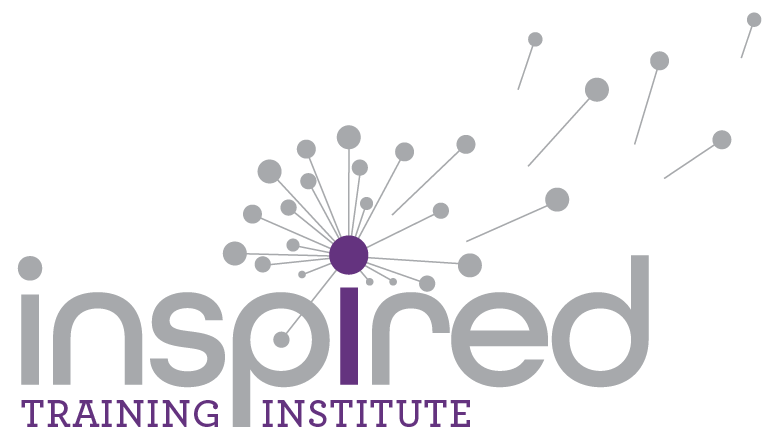Executive Presence: How to Project Confidence and Authority
While executive presence is incredibly intuitive and difficult to pin down, it can be illustrated by demonstrating character and judgment that you will do the job with integrity while inspiring others to commit to the organization's mission and vision fully. You will be respected for the job you are doing, not the title you hold.
The first step in projecting confidence as an executive is accepting who you are and embracing your uniqueness. Authenticity is the foundation of confidence building, as those who believe in themselves are trusted more by others and are more admired, listened to, and promoted than those less confident. Second, find a trusted advisor to give feedback on your Confidence Quotient. Maybe you come across more confidently than you think, or you may have a habit that makes others discount you. Either way, having a trusted mentor to provide critical feedback is essential to developing executive presence. Last, work on your self-control. Leaders who score high in self-control can restrain their impulses, empathize with others, and are often seen by their subordinates and peers as more confident.
Core Executive Communication Skills
Your core communication skills need to evolve as your career evolves. Three main areas of communication to focus on include:
Learn to use simple, straightforward language and minimize jargon. Executive communication tends to be shorter and straight to the point.
Notice the tone of your voice. Make sure you use vocal variety and convey enthusiasm and engagement.
Pay attention to your body language. Are you leaning in when someone is talking or leaning out, which unconsciously communicates a lack of interest?
The most critical communication skill is converting data into stories. People connect with stories, so instead of dumping tons of data on the table, think about the context you can use to frame the data and then share the story. One last point: listening is much more important than you might think. You can enhance your ability to influence, persuade, and motivate people by asking yourself the following to ensure you are listening:
What do they already know?
What do they need to know?
What do they want to know?
Developing Executive Presence
To evaluate your level of executive presence effectively, begin by assessing your ability to inspire confidence in those you lead. Ask yourself, “Do those I lead want to follow me?” “Do my peers think I am capable and reliable?” “Do my superiors have confidence in my ability to achieve great things?” If you can answer “yes” to these questions, you possess some of the gravitas it takes to exude executive presence. Additionally, consider the following tips to enhance your abilities:
Develop your personal brand. This includes enhancing your presentation and speaking skills. It also requires adapting your style and attire to align with the organization's culture, the nature of the workplace, and the events schedule.
Consider your habits and background. Take time for personal reflection and be honest about your strengths and areas of opportunities. Experiences or upbringing can sometimes influence our habits and personality traits (shyness, posture, voice volume). Asking for feedback from those who know you best can help you break or create new habits.
Understand your body language. Be aware of the messages conveyed by your body language and learn ways to use it effectively. Effective body language strengthens verbal messages and exudes confidence and authority while inspiring others. Consider recording yourself making a speech, giving a presentation, or leading a meeting, and then watch it back to take notes on things like your body language, voice control, breathing, and presence. You can gain insight into how you look and sound, and recording yourself more than once allows you to track your progress in developing executive presence.
Ultimately, executive presence is about character – the head and heart working together to their fullest capabilities. Contact us to explore how you can enhance your executive presence.


